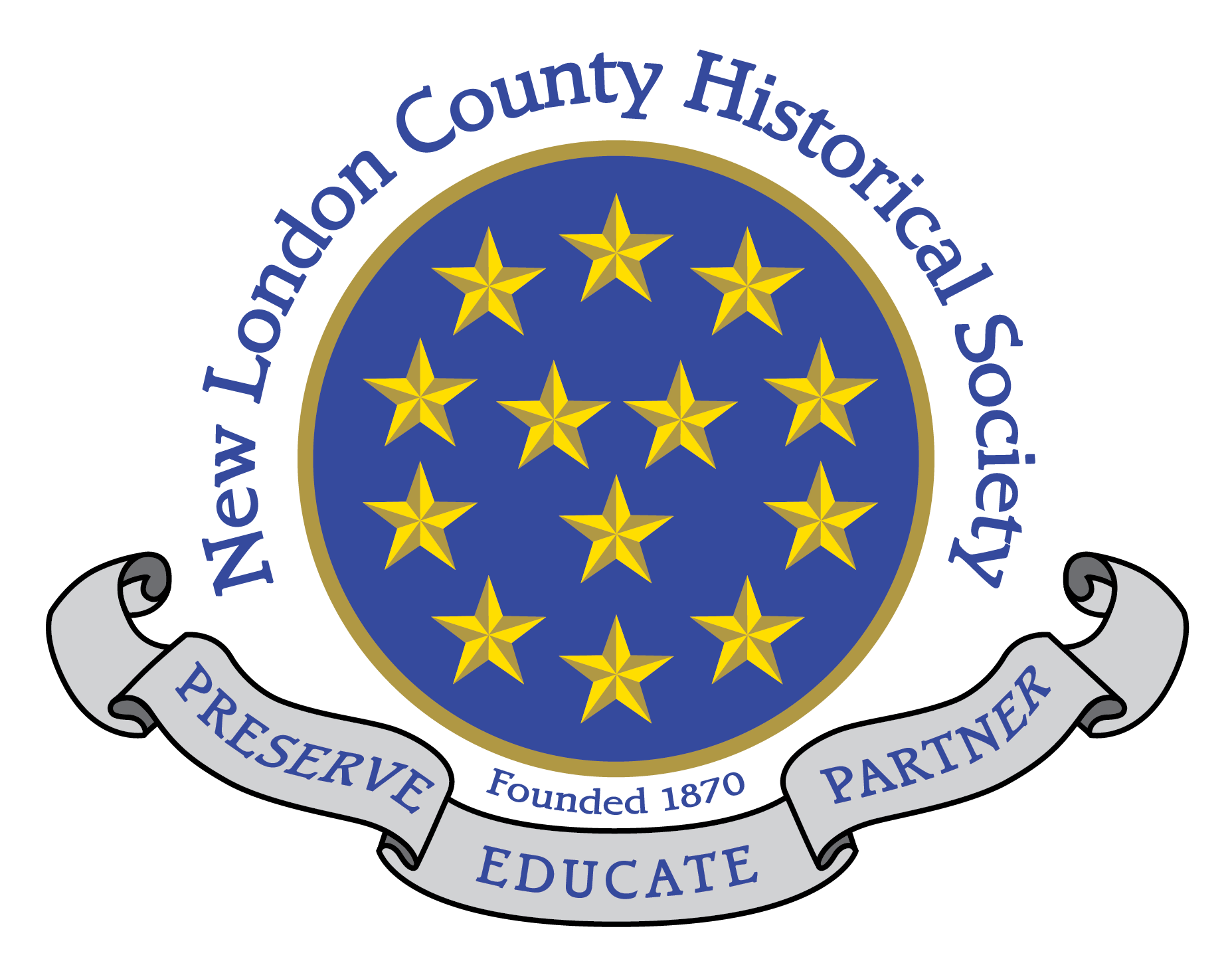Historical Society Purchases Missing Sections of Colonial Diary
Joshua Hempstead, a resident of New London born in 1678, kept a diary in which he recorded his work and the people he associated with every day. His manuscript from the period 1711 to 1758 (when he died) is about 700 pages long and was transcribed and published at the end of the 19th century by the New London County Historical Society. At that time though, on the completion of the project, one third of the document was returned to a Hempstead descendent and it hasn’t been seen since—until now. The missing one third was included in an auction in Stamford, CT, this summer and the New London County Historical Society was the successful bidder. “We’re overjoyed to have the diary complete once again,” stated Deborah Donovan, president of the historical society, “this is truly one of our greatest treasures.”
“There is simply nothing else quite like this diary, no other document provides such insights into colonial Connecticut,” says Patricia Schaefer. Schaefer led the effort to update the transcription of the diary to publish a new edition in 1999. Not having this center one-third of the original manuscript to refer back to was a considerable hindrance to her work. “I’m looking forward to working on this section.” Schaefer has since written a guidebook to the diary titled, A USEFUL FRIEND, a phrase that was used to describe Hempstead in his obituary.
The document is so unique because Hempstead was so thoroughly involved in the life of the town: he worked as a boat builder, a blacksmith, a gravestone carver, a farmer; he was a justice of the peace, a captain in the militia, a representative to the general assembly; and as a surveyor he was involved in many of the land deals in the County. “In our 1999 edition, the index of names alone is 70 pages long,” says Edward Baker, executive director of the historical society.
The diary was offered by Alexander Autographs in a live auction held on Friday 22 July. There were three bidders calling in their bids by phone, so Baker and Bill Peterson, chair of the historical society’s Collections Committee, couldn’t see that they were involved in bidding against one of their own historical society members who intended to purchase the diary to give to the historical society. It was the auction house, in fact, that made this discovery and allowed the final “hammer price” to be $2750, considerably lower than where the bidding had gone. “When we received that call the relief was palpable,” stated Baker. “I wanted to be jumping-for-joy because we had purchased the missing section, but I couldn’t because the bid had gone so high.” The other bidder hadn’t dropped out until the bid reached $16,000.
Now that the entire diary is available to researchers a new edition of the book is being planned, and can be expected in a year or two. Hempstead’s diary includes daily entries relating the weather, legal matters, war, business deals and the work of the day. The house in which Hempstead was born is still standing; the oldest house in New London, it is clearly the most well-documented colonial house in America.
Samples of Hempstead’s writing, as well as staff added annotations of what Hempstead is writing about, is available on the historical society website, www.newlondonhistory.org, under the tab labeled, “Joshua Hempstead’s Blog.” The 1999 edition of the Diary as well as Schaefer’s guidebook are available for purchase through the online store also on the website.
